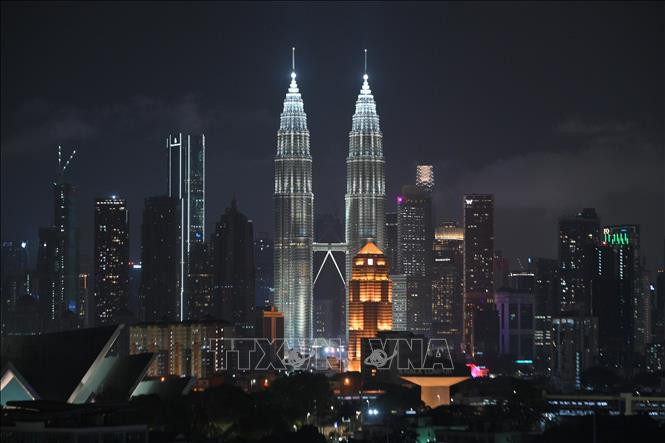To call attention to the loss of nature and climate change, people around the world will participate in an annual campaign called Earth Hour on March 23.

The annual lights-out event was initiated by the World Wide Fund for Nature (WWF) - the world's largest non-governmental organization working in the field of wildlife and environmental conservation - in 2007 and has now become an important catalyst promoting the environmental protection movement.
Last year’s lights-out event reportedly attracted supporters in over 190 countries and territories, amassing a total of 410,000 hours of lights-out time for the planet. Organizers of this year’s event hope that people around the world will spend 60 minutes this year doing something beneficial for the Earth.
A WWF UK spokesperson said Earth Hour is a moment of global solidarity, bringing people together across the world to get real about the climate and nature crisis, and inspiring people to take action and support the urgent changes we need. "Small actions can make a big difference, so we can't wait to see how many people join this year's event and give an hour to Earth to help revive our world," he said.
As part of this year's campaign, many famous UK landmarks will support Earth Hour by switching off their lights, including the London Eye and four Tate museums in London, Liverpool and Cornwall. In addition, BFI IMAX, Piccadilly Lights, Westfield, Historic Royal Palaces and Buckingham Palace will also switch off all their lights for Earth Hour in support of the campaign.
In India, the city of Hyderabad will participate in Earth Hour on the evening of March 23 by switching off lights at its iconic landmarks. The event will also be followed by government offices and agencies across the state of Telangana, where power will be cut off for an hour.
According to United Nations Secretary-General António Guterres, Earth Hour is "a global celebration of solidarity with our planet." He called for: "Let's switch off the lights and guide the world to a brighter future."